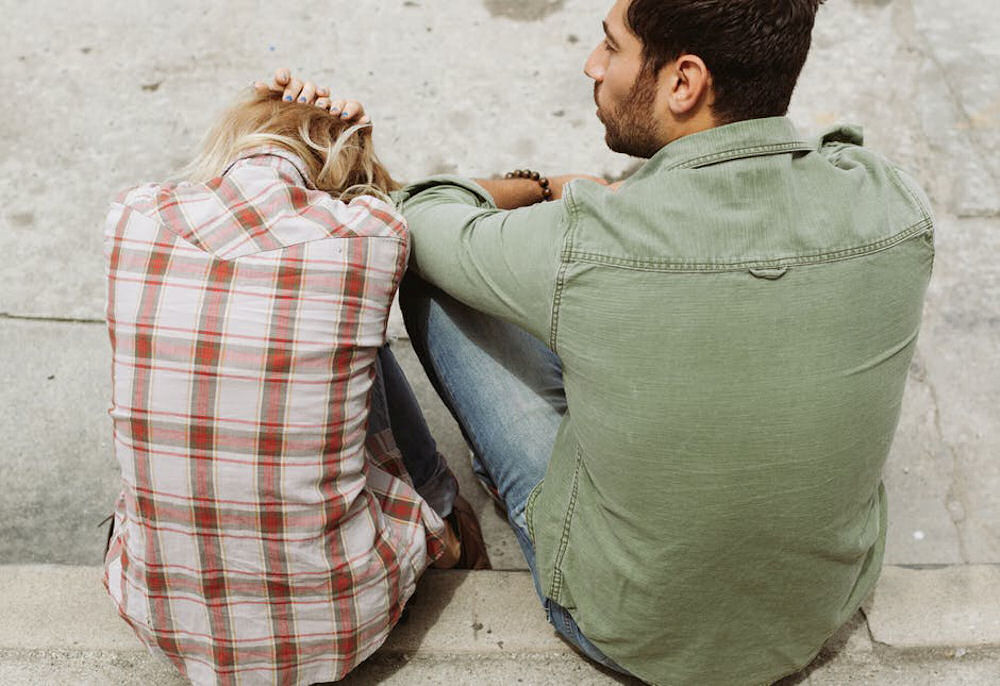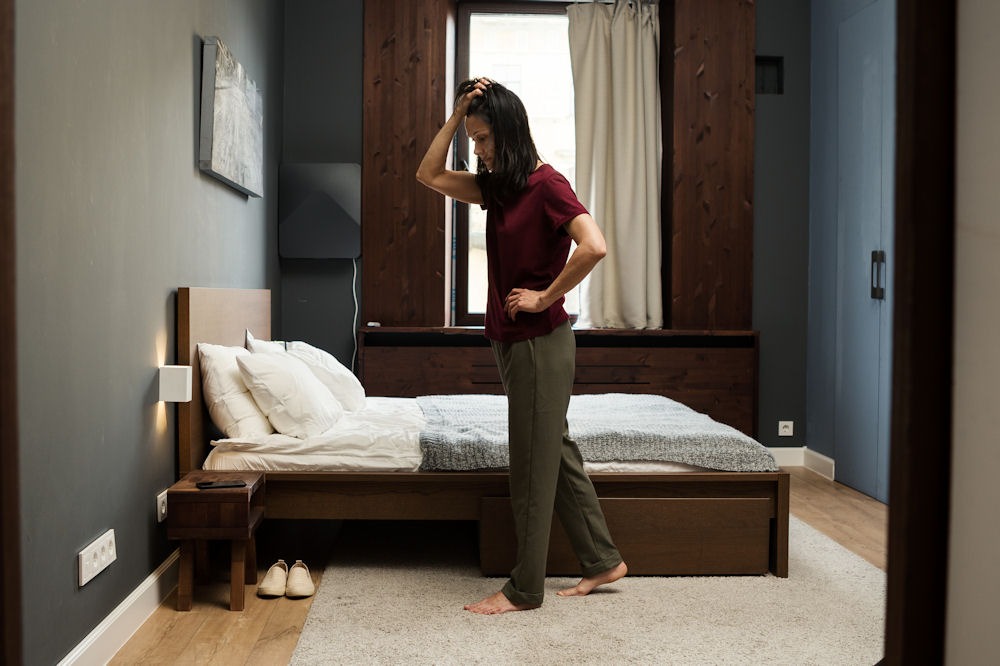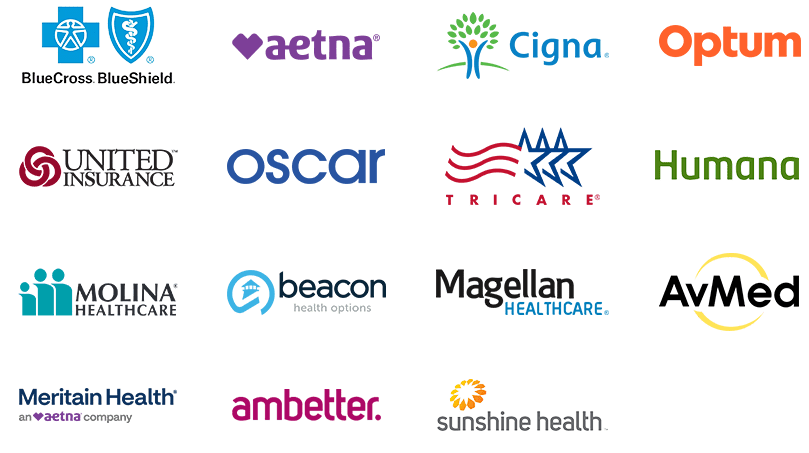
Anxiety and Addiction Recovery
Anxiety and addiction often go hand in hand, creating a complex and challenging road to recovery. In order to understand this relationship better, it is important to explore what anxiety disorders are, the various types of anxiety disorders, and how they interact with substance abuse.
What is an Anxiety Disorder?
Anxiety disorders are a group of mental health conditions characterized by excessive worry, fear, and unease. These disorders affect how a person thinks and feels and can manifest in a variety of physical and psychological symptoms.
People with anxiety disorders may experience symptoms such as persistent feelings of dread, restlessness, irritability, difficulty concentrating, and trouble sleeping. It is important to note that anxiety disorders are different from normal feelings of nervousness or fear, as they often persist and interfere with daily life.
There are several types of anxiety disorders, including generalized anxiety disorder (GAD) and social anxiety disorder. Each type has its own unique set of symptoms and triggers, but they all share the common feature of excessive and uncontrollable worry or fear.

Individuals with anxiety disorders may also experience physical symptoms such as rapid heartbeat, sweating, trembling, and dizziness. These physical manifestations can further exacerbate the individual’s distress and contribute to a cycle of anxiety.
Types of Anxiety Disorders
 There are several types of anxiety disorders, each presenting distinct symptoms and triggers. Understanding these disorders is crucial in recognizing and addressing the challenges individuals may face. These are some of the most common types of anxiety disorders:
There are several types of anxiety disorders, each presenting distinct symptoms and triggers. Understanding these disorders is crucial in recognizing and addressing the challenges individuals may face. These are some of the most common types of anxiety disorders:
- Generalized Anxiety Disorder (GAD): This anxiety disorder can manifest as persistent and excessive worry about a wide range of everyday concerns. Individuals with GAD often struggle with controlling their anxiety, which can lead to physical symptoms such as muscle tension, fatigue, and irritability.
- Panic Disorder: Individuals with panic disorder experience unexpected and recurrent panic attacks, which can be terrifying and debilitating. These attacks can strike suddenly, causing a surge of intense fear and uncomfortable physical sensations that include dizziness, trembling, and a sense of impending doom.
- Social Anxiety Disorder: Also known as social phobia, this disorder involves an overwhelming fear of social situations where individuals may feel judged or embarrassed. People with social anxiety disorder may go to great lengths to avoid social interactions, which can impact personal relationships and even daily functioning.
- OCD: OCD (Obsessive-Compulsive Disorder) is a chronic mental health condition marked by intrusive thoughts (obsessions) and repetitive behaviors (compulsions). Individuals with OCD may feel driven to perform rituals or routines to alleviate their anxiety, even though they understand these actions are excessive or unnecessary.
- Specific Phobias: Specific phobias are characterized by an intense and irrational fear of particular objects or situations. Common phobias include fear of heights (acrophobia) and flying (aviophobia). These fears can trigger severe anxiety responses, which can lead individuals to avoid triggers at all costs.
Anxiety disorders can significantly impact an individual’s quality of life, affecting their overall well-being, personal relationships, and even work performance. Seeking professional help and support from family and friends is essential in managing these disorders. By increasing awareness and understanding of the various types of anxiety disorders, we can foster a more compassionate and informed society that supports those struggling with these mental health challenges.
How Anxiety and Addiction Interact
Anxiety and addiction often coexist, with individuals turning to addictive substances or behaviors as a way to cope with their anxiety symptoms. Drugs or alcohol can momentarily alleviate feelings of worry or fear. However, this relief is temporary. This use of addictive substances can lead to a dangerous cycle of addiction.
Substance abuse can exacerbate anxiety symptoms over time, making the individual more susceptible to developing an anxiety disorder or worsening existing symptoms. This dual diagnosis of anxiety and addiction requires integrated treatment approaches to address both conditions simultaneously.
It is important to recognize that the relationship between anxiety and addiction is complex and multifaceted. Each type of anxiety disorder may interact differently with addictive behaviors, influencing the individual’s coping mechanisms and risk of developing an addiction.
The underlying neurobiological mechanisms that contribute to both anxiety and addiction are interconnected. Research has shown that chronic stress, which is often a trigger for anxiety disorders, can lead to changes in the brain’s reward system. Dopamine is a key part of the brain’s learning process and is often used to reward actions that are healthy for the brain. Addictive substances flood the brain with dopamine when used, which can confuse and even alter the brain’s ability to learn what’s good for it.
Never Be Alone Again
Come Join Our Recovery Family
Signs of Addiction
Recognizing the signs of addiction (also known as substance use disorder) is crucial in order to provide timely support and intervention. Addiction can manifest in various ways, impacting not only the individual but also those around them. It is important to be aware of the signs and symptoms so you can offer (or seek) help and support.
It’s important to note that some symptoms of substance abuse can appear as anxiety symptoms, especially if someone is working through a specialized disorder like post-traumatic stress disorder (PTSD). This is why it’s important to seek treatment for both anxiety and substance abuse in addiction treatment.
Symptoms of drug addiction may include:
- Sudden mood swings
- Irritability
- Defensive behavior when questioned about their substance use or habits
- Increased tolerance to the substance or behavior, requiring larger amounts or more frequent engagement to achieve the desired effect
- Withdrawal symptoms when attempting to quit or reduce use
- Loss of interest in previously enjoyable activities
- Neglecting responsibilities and relationships due to substance use or behavior
- Failed attempts to quit or control substance use or behavior

The Impact of Anxiety on the Recovery Process
Anxiety can significantly impact the recovery process, making it more difficult to maintain sobriety and engage in behavioral changes. The fear and uncertainty associated with anxiety can trigger cravings for substances, leading to relapse.
Anxiety can hinder decision-making, impair problem-solving skills, and disrupt sleep patterns, all of which are crucial aspects of a successful recovery. Individuals in recovery need to address their anxiety symptoms for dual diagnosis treatment to maximize their chances of long-term sobriety.
Anxiety can also manifest in physical symptoms such as increased heart rate and muscle tension. These somatic manifestations of anxiety can be distressing for individuals striving to maintain their sobriety, because they may not have felt these symptoms as acutely when they were imbibing in alcohol or drugs. This highlights the need for comprehensive dual diagnosis treatment that addresses both the psychological and physiological aspects of anxiety.
How to Treat Anxiety Without Addictive Substances
 While it may be tempting to rely on addictive substances to cope with anxiety, there are healthier and more sustainable ways to manage anxiety symptoms than with alcohol and/or drug abuse. Anxiety is a common mental health issue that affects millions of people worldwide. Coping with anxiety without turning to addictive substances is crucial for long-term well-being and recovery.
While it may be tempting to rely on addictive substances to cope with anxiety, there are healthier and more sustainable ways to manage anxiety symptoms than with alcohol and/or drug abuse. Anxiety is a common mental health issue that affects millions of people worldwide. Coping with anxiety without turning to addictive substances is crucial for long-term well-being and recovery.
Some strategies include:
- Therapy: Engaging in therapy, such as cognitive-behavioral therapy (CBT), can provide individuals with valuable tools and coping mechanisms to manage their anxiety.
- Exercise: Regular physical activity has been shown to reduce anxiety symptoms and improve overall mental well-being.
- Meditation and Mindfulness: Practices such as meditation and mindfulness can help individuals build resilience to anxiety triggers and promote a sense of calm.
- Social Support: Building a strong support network of understanding family members, friends, or support groups can provide invaluable emotional support during times of anxiety.
- Healthy Lifestyle: Prioritizing healthy habits such as adequate sleep, nutritious eating, and avoiding excessive caffeine can help manage anxiety symptoms.
- Relaxation Techniques: Incorporating relaxation techniques like deep breathing exercises, progressive muscle relaxation, or aromatherapy can also be beneficial in reducing anxiety levels. These techniques can help individuals regulate their breathing, release muscle tension, and create a calming environment to alleviate anxiety symptoms.
Individuals in recovery need to explore these alternative coping mechanisms under the guidance of healthcare professionals to ensure they are receiving appropriate support tailored to their unique needs.

WE’VE GOT
YOU COVERED!
Insurance coverage for treatment is within reach. We are in-network with most insurance carriers in Florida.
Heal From Addiction and Anxiety at Principles Recovery
Anxiety and addiction often coexist and can create complex challenges on the path to recovery. At Principles Recovery. we’ll help you detox and heal from your addiction while keeping your anxiety in mind. Our holistic therapy approach allows for individualized treatment and a whole-person approach that lasts beyond rehabilitation. Contact us today to learn more about our approach to addiction recovery that attends to co-occurring mental illnesses every step of the way.